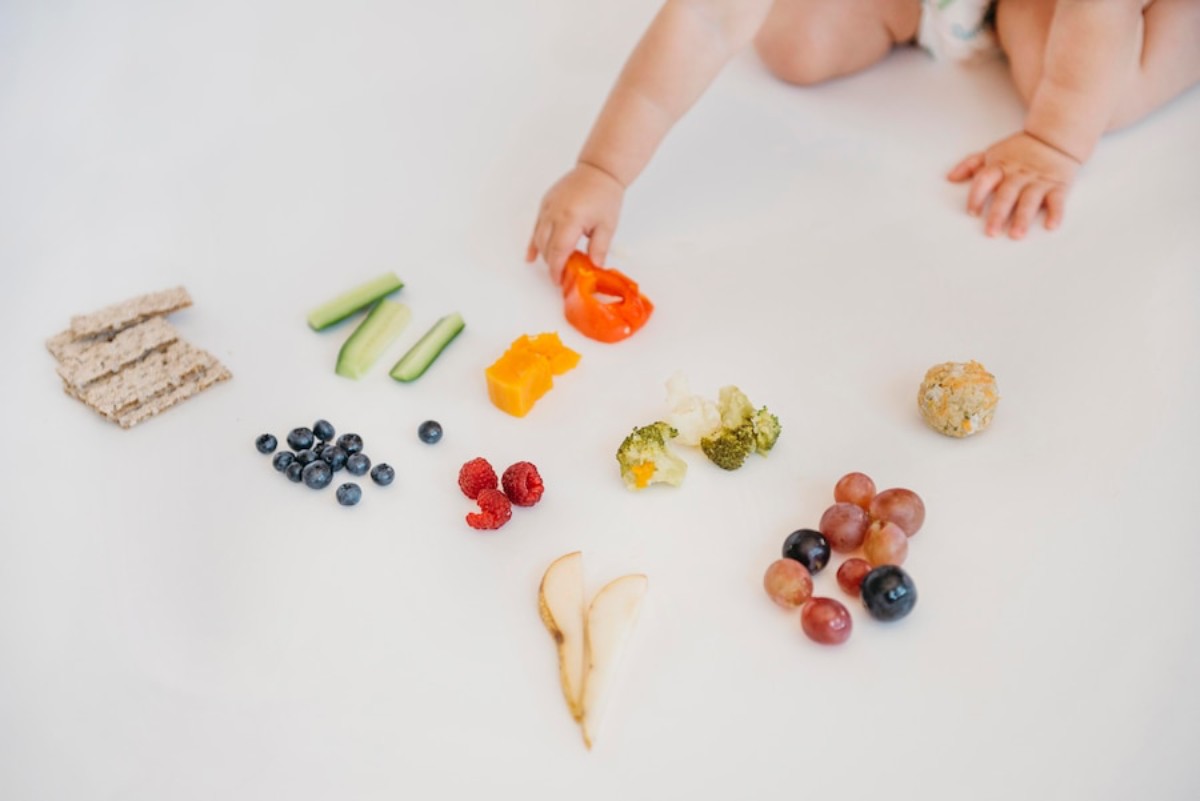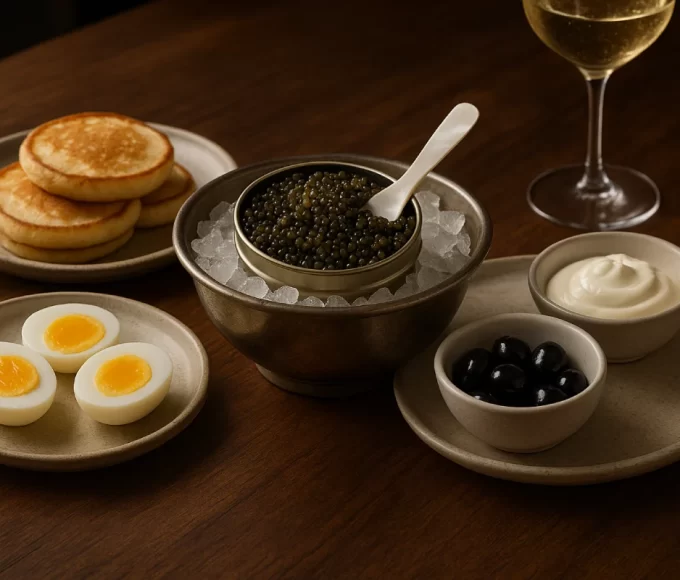As babies grow into toddlers, their nutritional needs and eating capabilities evolve, making it crucial to adjust their snacks accordingly. This transition from babyhood into the toddler years involves changes in dietary requirements and the development of chewing skills and food preferences. Introducing toddlers to a range of textures and flavours early on is imperative, as this can reduce fussiness and encourage an adventurous palate.
This guide focuses on nutritious toddler snacks options ideal for youngsters, helping them continue their growth and development through healthy eating. Foods rich in nutrients support cognitive and physical development, which is essential during this rapid growth phase. Additionally, incorporating interactive food choices can enhance fine motor skills as toddlers learn to grasp and manipulate small items safely and effectively.
Understanding Toddler Nutritional Needs
Toddlers require a balanced diet of nutrients to support their fast growth and high energy levels. They are more than just a bridge between meals; they provide the necessary nutrients that youngsters may not fully receive during regular meal times. Critical nutrients include calcium for bone development, iron for cognitive growth, and proteins for muscle growth. Vitamins A, C, and D are crucial for immune function and overall health.
Fibre is another essential nutrient to incorporate into a toddler’s diet, as it aids in digestion and prevents constipation. Healthy fats, such as those found in avocados and certain fish, are vital for brain development and maintaining energy levels. Foods tailored to include these components can help ensure toddlers receive a comprehensive nutritional intake that supports their ongoing growth and the development of healthy bodily functions.
Choosing the Right Snacks
Selecting the right food for youngsters involves more than just picking healthy ingredients; it also requires considering the ease with which toddlers can eat the food, their safety, and how the snacks fit into a balanced diet.
Focus on Whole Foods
Whole, unprocessed foods should form the cornerstone of snack options. Fresh fruits and vegetables cut into safe, manageable pieces offer vitamins and hydration. Small pieces of soft-cooked vegetables like carrots or sweet potatoes are excellent for those still mastering the use of their teeth.
Incorporate Variety
Variety keeps toddlers interested and exposes them to various flavours and textures. Rotating through different grains, such as small pieces of whole-grain breads, rice cakes, or puffed whole grains, can provide energy and are generally well-liked by young children.
Protein-Rich Foods
Small amounts of protein around the day can help regulate a toddler’s energy levels. Options like small cubes of cheese, thinly sliced meats, or spoonfuls of nut butter (ensuring no allergies) on pieces of fruit or vegetables can be both satisfying and nutritious.
Avoid Sugars and Excess Salt
Limiting the amount of added sugars and high sodium content in snacks is vital. Many commercial toddler snacks can be high in these, so reading labels and choosing products or homemade foods without these additives is crucial for maintaining a healthy diet. Excessive consumption of sugars and salt at an early age can set preferences for overly sweet or salty foods, potentially leading to health issues like obesity, hypertension, and dental problems. It is advisable to choose natural sweeteners found in fruits and vegetables. Encouraging a taste for these natural flavours can foster healthier eating habits that persist throughout childhood and beyond, promoting a balanced diet from the start.
Safe Snacking Practices
Ensuring that food time is safe is as important as the food itself.
Supervision is Key
Toddlers are still developing their chewing and swallowing skills, so close supervision during snack times is essential to prevent choking.
Appropriate Sizes
It should be offered in petite, manageable sizes that prevent choking hazards and encourage self-feeding skills without overwhelming the toddler.
Clean and Convenient
Snack times should also be clean to avoid bacteria and other germs, especially since youngsters often explore with their hands. Easy-to-clean areas and utensils can make snack times more hygienic.
Snack Time Tips
To make the most out of food times, consider the following tips to ensure they are healthy, enjoyable, and beneficial for the toddler’s development.
Regular Schedule
Maintaining a regular snacking schedule helps regulate a toddler’s hunger and fullness cues, teaching them to anticipate and enjoy routine meals and snacks without becoming overly hungry or overeating.
Educational Opportunity
Snack time can also be an educational opportunity. Discussing foods’ colours, shapes, and textures can engage a toddler’s curiosity and encourage more active participation in eating.
Positive Environment
Creating a positive, stress-free environment during food times can help youngsters have a better relationship with food. It includes allowing them to express preferences and occasionally choose what snacks they would like.
Smart snacking is crucial in the early stages of a child’s life. Caregivers can significantly contribute to a toddler’s health and developmental success by choosing nutritious, safe, and varied snacks. Snack times nourish the body and foster independence, learning, and a healthy relationship with food. With thoughtful choices and practices, food times can be fun and beneficial, setting a solid base for healthy eating practice that last a lifetime.














